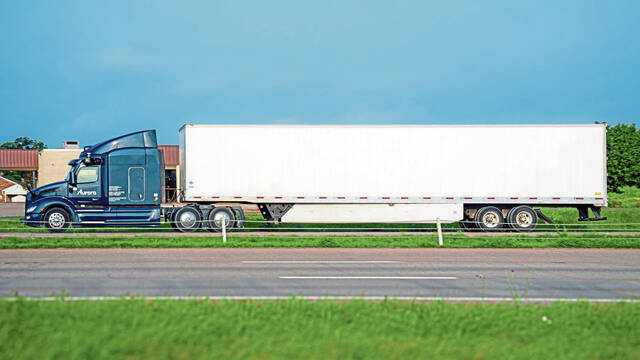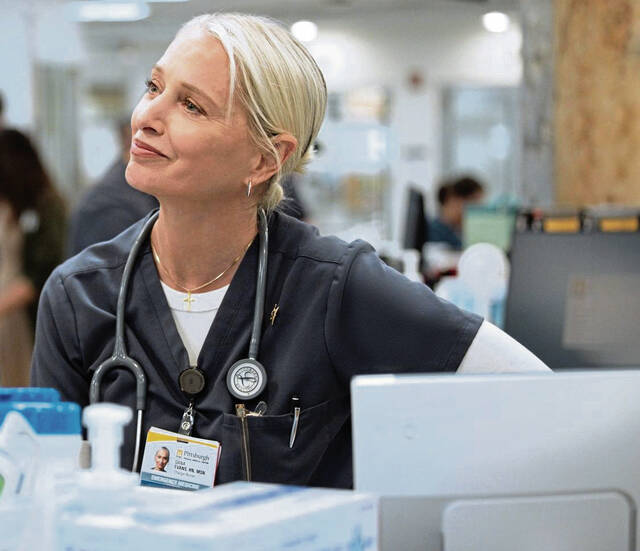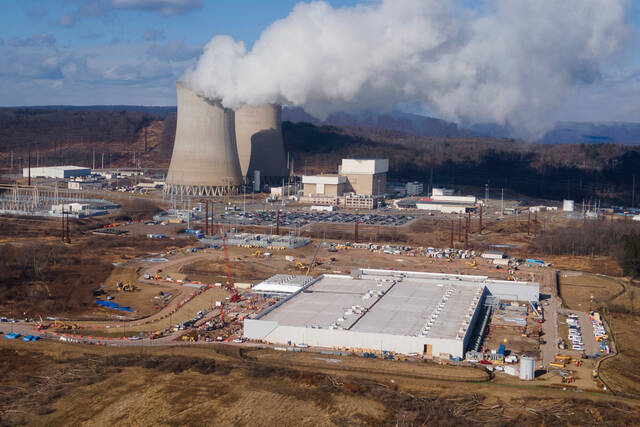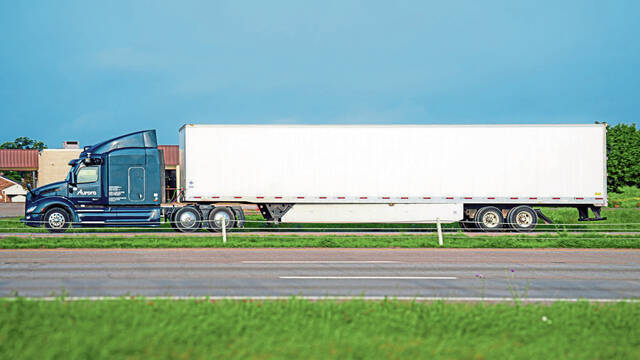Pittsburgh-based Aurora Innovation is accelerating the rollout of its driverless trucks as it looks to evolve from a promising experiment to a profitable enterprise.
A new route that launched last week — the company’s second — runs from Fort Worth to El Paso in Texas. It spans about 600 miles. This expansion keeps Aurora in the driver’s seat of the emergent autonomous trucking industry, experts say.
Aurora, which operates out of the Strip District, aims to have 10 tractor-trailers in regular operation by the end of this year, up from five.
Next year, it hopes to measure its fleet by the hundreds, all equipped with better technology than the model currently on the road.
Despite these milestones and a nearly $10 billion valuation on the Nasdaq, financial results released Tuesday serve as a reminder Aurora is still more startup than established player eight years into its existence.
Aurora recorded just $1 million in revenue and lost $222 million in the third quarter of 2025, bringing its operating loss so far this year to $663 million.
David Maday, Aurora’s chief financial officer, said on an earnings call Tuesday the firm may reach gross profitability in early 2027, a financial metric that doesn’t account for overhead costs.
Aurora’s technology is “still a ways away from being a commercial success,” according to Richard Mudge, president of consultancy Compass Transportation and Technology and a board member of the Transportation Channel, an industry media platform.
“We won’t know for another couple years whether they’re going to make a lot of money on this,” Mudge added. “But at least they’re moving along.”
A long haul
Dreams of autonomous vehicles are nearly as old as the automobile itself, but self-driving buzz reached a crescendo in the 2010s and into the early 2020s.
Pittsburgh served as a major hub for the burgeoning industry.
The city was home to the now-defunct autonomous trucking startup Locomation and Argo AI, whose leaders went on to form Stack AV after their first venture failed.
Uber also unleashed a short-lived fleet of self-driving Volvos on the city and opened a Pittsburgh office before selling its autonomous business to Aurora.
Investment dollars became harder to come by as the technology and revenues developed more slowly than expected, according to Stephen Brown, an auto analyst for the credit rating agency Fitch Ratings.
Aurora stumbled, too, watching its stock price crater after going public in 2021. But it survived.
“The history of the industry is one of a massive amount of hype,” Mudge said. “I think a lot of the early people, including some of the people now at Aurora, thought it was going to be easier than it turned out to be.”
Aurora is now the market leader, at least according to the information out there. As a publicly traded firm, it has to keep investors posted on new technological developments and business deals.
“There’s probably half a dozen companies in Texas that are testing at some level,” Mudge said. “They’re just not talking about it as much.”
Stack AV, for instance, has been tight-lipped since launching in 2023. In September, the firm declined a request for comment on its progress.
“For now, the team is internally focused,” said Christin Baker, a spokesman with Stack’s principal investor, SoftBank Group International.
Baker did not respond to a request for comment Friday.
Going big (rig)
The appeal of self-driving trucks lies in their potential to not just replace costly human labor, but to haul goods more efficiently.
Federal regulators, who set rules for the industry along with some states, forbid truckers from driving more than 11 hours within a 14-hour window. After that, they must take a 10-hour break, all in the interest of avoiding crashes caused by worn-out drivers.
“Our software is that superhuman ability to not get tired,” Chris Urmson, co-founder and CEO of Aurora, said on the Tuesday call.
Aurora also says its self-driving rigs get about 15% better fuel economy than traditional trucks and can operate more safely using 360-degree sensors, night vision and lightning-fast reaction times.
Some experts and unions representing truckers remain concerned these vehicles, which can weigh up to 80,000 pounds fully loaded, aren’t road ready.
Their fears include faulty technology, cybersecurity vulnerabilities and unpredictable situations, like sudden severe weather (Aurora remotely monitors trips and, in some cases, stations a human observer in the cab).
Still, the firm says it’s rapidly moving to expand.
It was only six months ago Aurora launched its inaugural route, from Dallas to Houston. Urmson said the company is gearing up to introduce a return trip on the Fort Worth to El Paso route as well as an extension into Phoenix.
In October, the company reached 100,000 driverless miles on public roads, a feat it claims to have achieved with “100% on time performance” and a “perfect driverless safety record.”
Consultancy McKinsey & Co. projects that by 2035, 13% of heavy-duty trucks on U.S. roads will be self-driving.
Mudge believes widespread adoption could generate economic growth on par with the creation of the Interstate Highway System starting in the 1950s.
If empty cabs start to become common, autonomous trucking might seem like an “overnight success” to the general public, said Brian Kennedy, senior vice president of operations and government affairs at the Pittsburgh Technology Council.
“But this has been the culmination of several decades of work that started at the National Robotics Engineering Center at Carnegie Mellon University so many years ago,” he added.
Urmson knows it has been a long haul.
“You’re probably sick of us saying ‘crawl, walk, run,’ but we very much believe that,” he told investors. “We want to make sure that customers are comfortable, regulators are comfortable that we’re building out at a rate that really enables us to do something useful in the world.”








